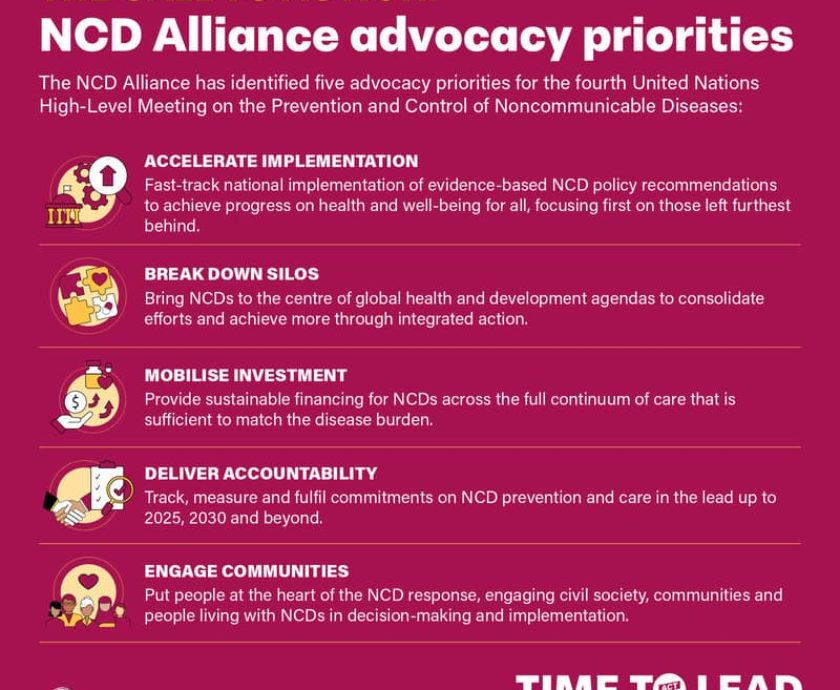This blog is the second in a two-part series discussing alternative feminine hygiene products. This follows on from our blog on menstrual cups and this series is a result of a discussion at our recent fibroid focus conference that got us thinking about the fact that many women with fibroids experience heavy and prolonged periods. This means they use large quantities of tampons and pads and we want to ensure that women who use these products more frequently than most are aware of all the options out there so they use the best products for them.
What’s the Problem?
Over the last few years there has been quite a bit of focus on the chemicals in feminine hygiene products and these chemicals have raised concerns about their possible health effects.
Research has shown that chemicals like dioxins are found in trace amounts in tampons and pads. These chemicals are by-products of the bleaching process and whilst they are in small quantities and cause no harm after just a one-off exposure, women use these products very frequently and it’s not clear if the frequent exposure could lead to an accumulation of dioxins in the body. The WHO states that long-term exposure to dioxins is “linked to impairment of the immune system, the developing nervous system, the endocrine system and reproductive functions.”
Additionally, testing has found detectable amounts of pesticides in five out of eleven of the products tested and long-term exposure to pesticides may affect the liver, brain and reproductive system and has been linked to autism and some types of cancer.
Furthermore many manufacturers don’t list all the chemicals in their products making it hard for women to make an informed choice about the products they use. This led to a petition calling for companies to list all the components of their feminine hygiene products which has been signed by over 250,000 people.
The Solution
In order to avoid the chemicals in tampons and pads a number of companies now manufacture organic feminine hygiene products to give women a more natural alternative.
Companies producing organic feminine hygiene products tend to used certified organic cotton as their absorbent material rather than synthetic absorbent material. They also don’t use harsh bleaching agents so their products are chlorine free and won’t have traces of dioxins. They are also plastic free, fragrance free and many consider the environment and make their products biodegradable.
These organic products are a good alternative to the synthetic products that are widely available and it is worth searching them out.
Where Can I get Organic Feminine Hygiene Products?
One of the most well-known manufacturers of organic tampons and pads is Natracare, they have been producing these products for almost 30 years and have a wealth of experience. Their products are plastic free, certified organic, animal friendly, don’t result in fibre loss and are recommended by gynaecologists. To find out where you can purchase their products click here.
Other organic feminine hygiene products include:
For a convenient one-stop-shop that sells a few different brands, then you can try Be Prepared.Period who sell a range of organic feminine hygiene products.
If you’re looking for a more natural alternative when it comes to tampons and pads then why not give the above mentioned organic products a try.
Do you use any of these products? What are your thoughts? We’d be interested in hearing what you think about this topic. Is using organic feminine hygiene products important to you? Leave a comment below.
References
A question for women’s health: chemicals in feminine hygiene products and personal lubricants. Environ Health Perspect. 2014 Mar; 122(3): A70-5.
Feminine Protection Products: What do they consist of? 60 Million Consumers, 23rd Feb 2016
Tampax tampons and Always sanitary towels among feminine hygience products that contact toxic chemicals. The Independent, 25th Feb 2016.













